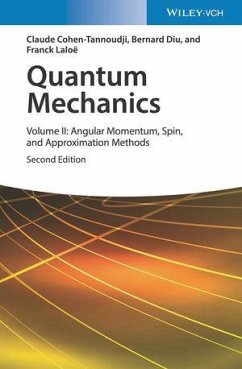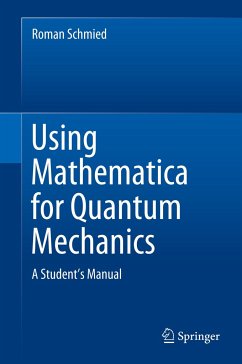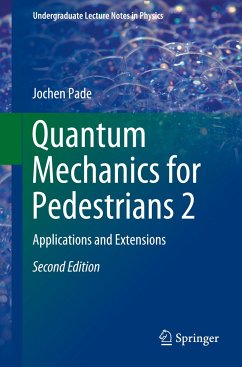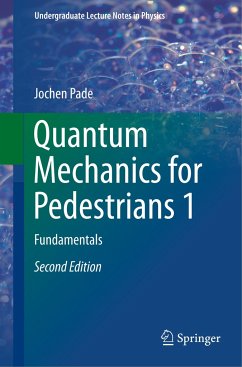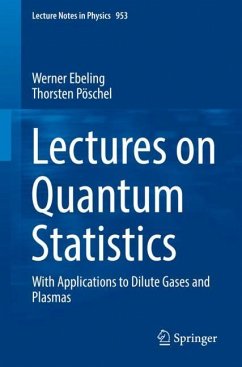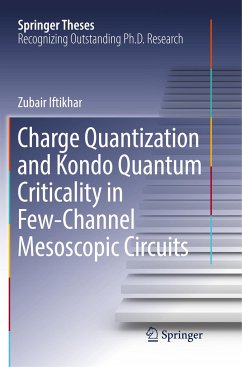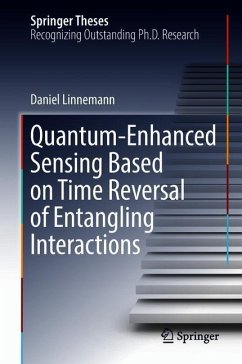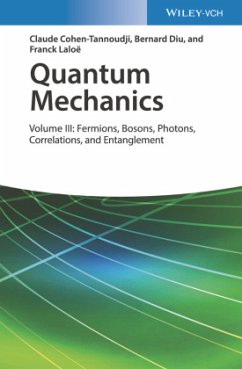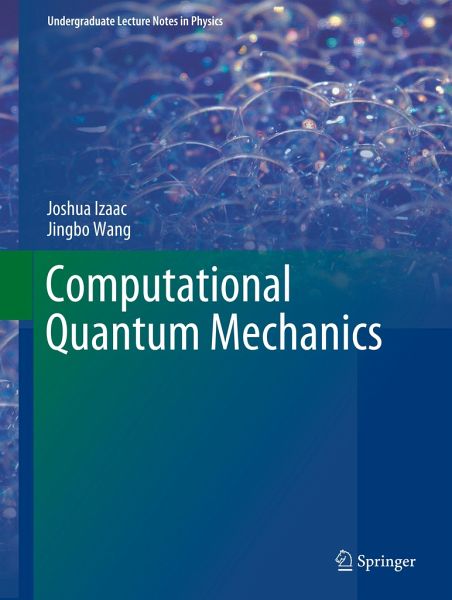
Computational Quantum Mechanics

PAYBACK Punkte
27 °P sammeln!
Quantum mechanics undergraduate courses mostly focus on systems with known analytical solutions; the finite well, simple Harmonic, and spherical potentials. However, most problems in quantum mechanics cannot be solved analytically.This textbook introduces the numerical techniques required to tackle problems in quantum mechanics, providing numerous examples en route. No programming knowledge is required - an introduction to both Fortran and Python is included, with code examples throughout.With a hands-on approach, numerical techniques covered in this book include differentiation and integratio...
Quantum mechanics undergraduate courses mostly focus on systems with known analytical solutions; the finite well, simple Harmonic, and spherical potentials. However, most problems in quantum mechanics cannot be solved analytically.
This textbook introduces the numerical techniques required to tackle problems in quantum mechanics, providing numerous examples en route. No programming knowledge is required - an introduction to both Fortran and Python is included, with code examples throughout.
With a hands-on approach, numerical techniques covered in this book include differentiation and integration, ordinary and differential equations, linear algebra, and the Fourier transform. By completion of this book, the reader will be armed to solve the Schrodinger equation for arbitrarily complex potentials, and for single and multi-electron systems.
This textbook introduces the numerical techniques required to tackle problems in quantum mechanics, providing numerous examples en route. No programming knowledge is required - an introduction to both Fortran and Python is included, with code examples throughout.
With a hands-on approach, numerical techniques covered in this book include differentiation and integration, ordinary and differential equations, linear algebra, and the Fourier transform. By completion of this book, the reader will be armed to solve the Schrodinger equation for arbitrarily complex potentials, and for single and multi-electron systems.



